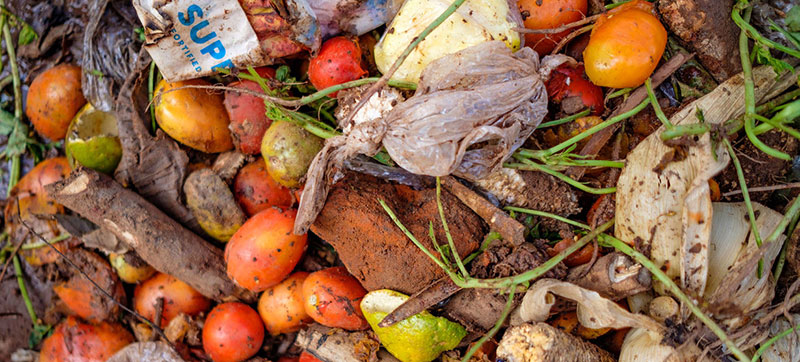 Food Waste
Food Waste Food waste: A global problem that undermines healthy diets
New York: A lack of food, hunger and malnutrition affect every country in the world, the UN said on Tuesday, in an urgent appeal for action to reduce the amount of food that’s wasted.
The call comes as the Food and Agriculture Organization (FAO) said that 17 per cent of all food available to consumers in 2019, ended up being thrown away.
An additional 132 million people face food and nutrition insecurity today because of the COVID-19 pandemic, FAO said, ahead of the International Day of Awareness of Food Loss and Waste, on Wednesday 29 September.
Global problem
The problem of food waste is a global one and not limited to wealthy nations alone, said Nancy Aburto, Deputy Director of FAO’s Food and Nutrition Division Economic and Social Development Stream, speaking at a press conference in Geneva.
“Food insecurity, hunger and malnutrition are impacting every country in the world and no country is unaffected; 811 million people suffer hunger, two billion suffer micronutrient deficiencies – that’s vitamin and mineral deficiencies - and millions of children suffer stunting and wasting, deadly forms of under-nutrition.”
The FAO official warned that the high cost of “healthy” diets, meant that they were now “out of reach” of every region in the world, including Europe.
She also said that more countries needed to embrace innovation to reduce waste, such as new packaging that can prolong the shelf-life of many foods, while smartphone apps can bring consumers closer to producers, reducing the time between harvest and plate.
Repercussions of food waste
Reducing food loss and waste would improve agri-food systems and help towards achieving food security, food safety and food quality, all while delivering on nutritional outcomes.
According to FAO, it would also contribute “significantly to the reduction of greenhouse gas emissions, as well as pressure on land and water resources”.
With less than nine years left to reach Sustainable Development Goal (SDG) 12 on ensuring sustainable consumption, and target 12.3 to halve per capita global food waste at the retail and consumer levels, there is an urgent need to accelerate action, up to the 2030 deadline.
Takeaways for action:
Reducing food loss and waste, strengthens the sustainability of food systems and improves planetary health.
Increasing the efficiency of food systems and reducing food loss and waste, requires investment in innovation, technologies and infrastructure.
Composting food waste is better than sending it to a landfill, but preventing waste in the first place, lessens its impact on the environment.
Maximizing the positive impacts of reducing food loss and waste, requires good governance and human capital development.
However, this requires national and local authorities along with businesses and individuals to prioritize actions in this direction and contribute to restoring and improving agri-food systems.
Fruit and veg
And with just three months to go, during this International Year of Fruits and Vegetables, FAO has reminded that produce provides human nutrition and food security while working to achieve the SDGs.
“In the current health crisis we are facing around the world, promoting healthy diets to strengthen our immune systems is especially appropriate”, FAO chief QU Dongyu said, kicking off the year last December.
He also noted that food loss and waste in the fruits and vegetables
sector remain a problem with considerable consequences, pointing out that “innovative technologies and approaches are of critical importance”, as they can help maintain safety and quality, “increasing the shelf life of fresh produce items and preserving their high nutritional value”.
Support Our Journalism
We cannot do without you.. your contribution supports unbiased journalism
IBNS is not driven by any ism- not wokeism, not racism, not skewed secularism, not hyper right-wing or left liberal ideals, nor by any hardline religious beliefs or hyper nationalism. We want to serve you good old objective news, as they are. We do not judge or preach. We let people decide for themselves. We only try to present factual and well-sourced news.







